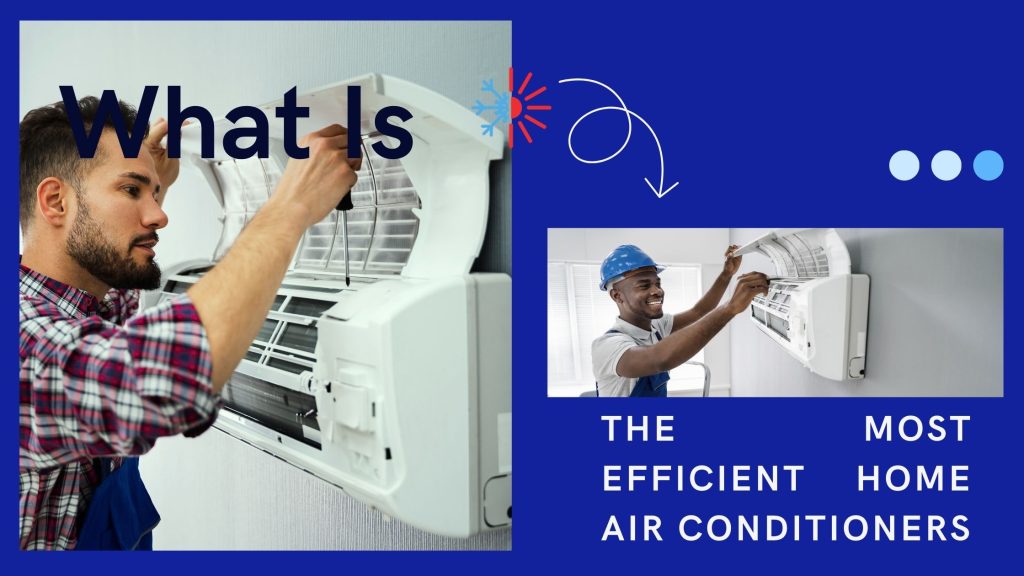In today’s world, where energy efficiency is a top priority, choosing the most efficient home air conditioning (AC) system is crucial. With numerous options available, it becomes essential to evaluate various factors that contribute to efficiency. This article will delve into the most efficient home AC systems, considering their energy consumption, technology, and environmental impact
Which Type Of Ac Is Most Energy-Efficient?
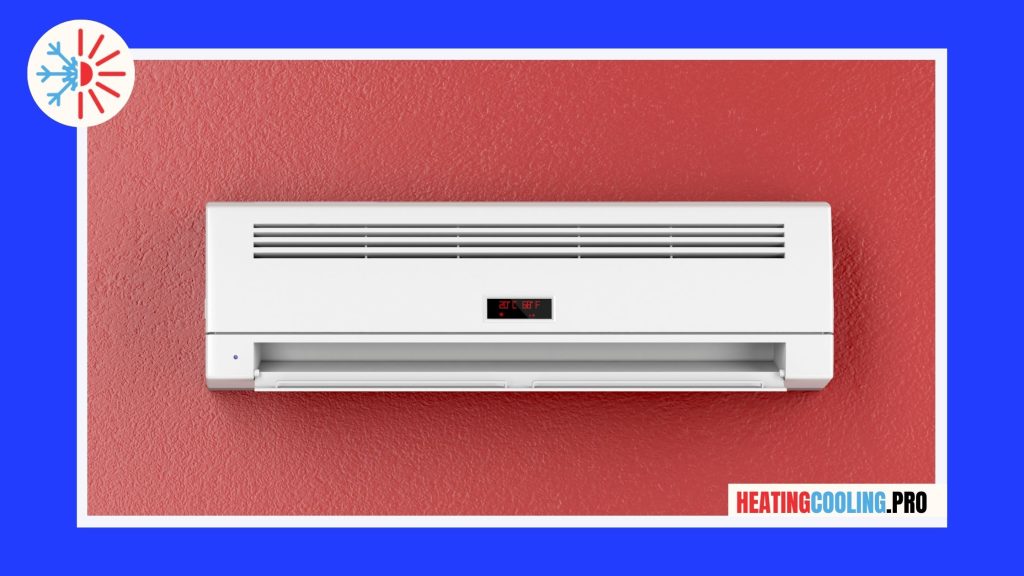
There are a few different types of air conditioners on the market, but which one is the most energy-efficient? The answer to that question depends on a few factors, including the size of your home, the climate you live in, and your budget. Window AC units are the most popular type of AC, and they’re also the most energy-efficient. They’re affordable and easy to install, and they work well in both hot and cold climates. Split AC systems are another popular type of AC unit. They’re more expensive than window AC units, but they’re more energy-efficient and they offer more features. Split AC systems are a good choice for homes that are larger than average.
Ductless AC systems are another option, and they’re the most energy-efficient type of AC unit. However, they’re also the most expensive, and they’re not a good choice for everyone. If you have a small home or a single room that you need to cool, a ductless AC system might be the best option. They’re also a good choice for homes that don’t have central air conditioning, or for homes that have a central AC system but the rooms that need cooling are too far away from the AC unit.
Which Ac Uses Least Electricity?
Window air conditioners use the least amount of electricity of all the types of air conditioners. Central air conditioners use more electricity than window air conditioners, but less than portable air conditioners.
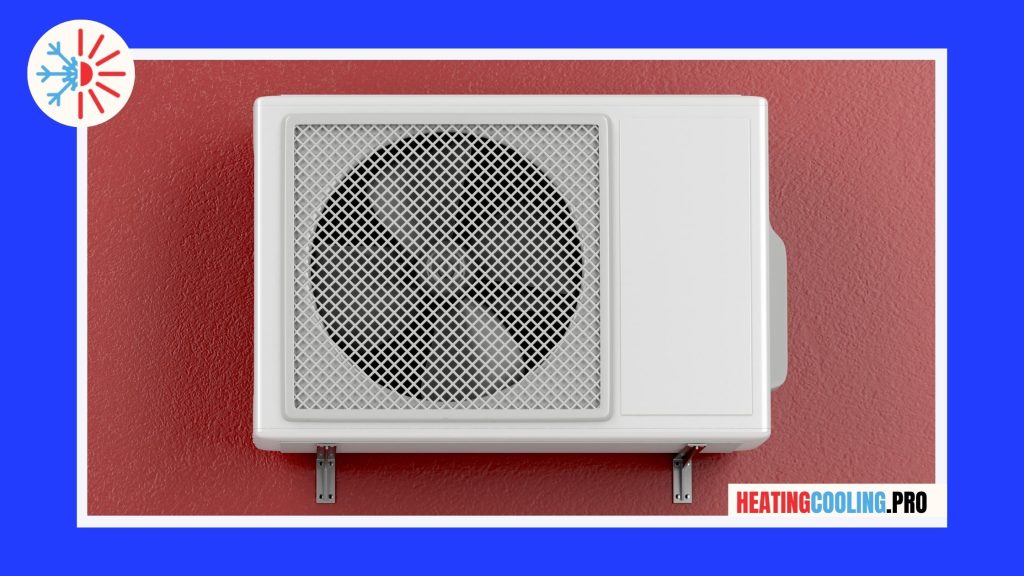
Window air conditioners work by drawing in cooler air from the outside and blowing it into the room. The compressor in the air conditioner compresses the refrigerant gas, which causes it to heat up. The hot gas is then pumped into the condenser, which is located outside the window. The fan in the condenser blows the heat away from the unit, and the gas is then pumped back into the compressor. Central air conditioners use more electricity because they have larger compressors and condensers. Portable air conditioners use the most electricity because they have the largest compressors and condensers.
Which Is Best For Ac To Save Electricity?
There are a few different ways to save electricity with an AC unit. One is to adjust the temperature. If you can live without air conditioning in the summer, turn it down to 68 degrees or below. Another way to save electricity is to close vents in unused rooms. You can also save money by cleaning the filters on your AC unit regularly.
Is It Cheaper To Leave The Ac On All Day?
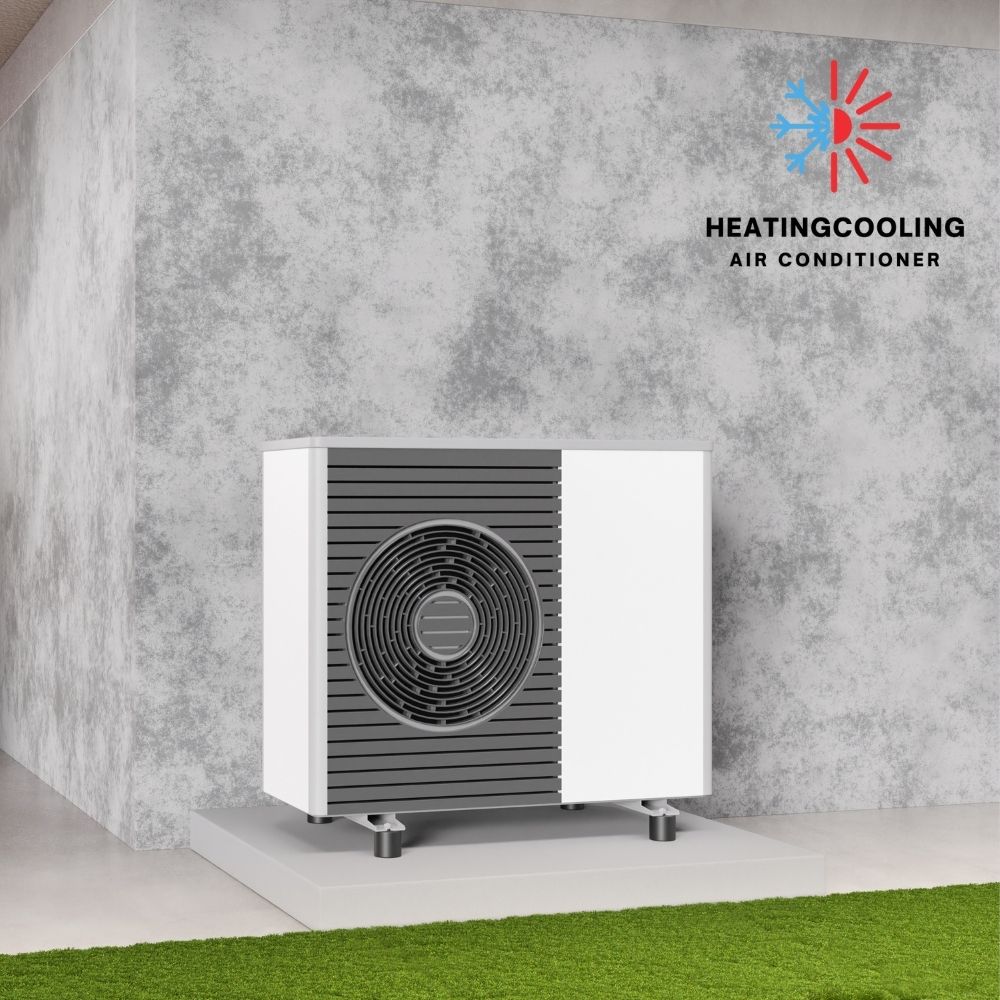
The age-old debate of whether or not it’s cheaper to leave the AC on all day or to turn it on and off as needed has raged on for years. And, honestly, the answer isn’t always clear cut. It depends on a variety of factors, including the climate where you live, the size of your home, and your energy usage habits. But, in general, it’s usually cheaper to leave the AC on all day. According to the Department of Energy, turning your AC off and on can increase your energy usage by up to 30 percent. So, if you’re using an energy efficient AC unit, it’s definitely worth it to leave it on all day.
However, if you have an older AC unit, it might be more cost effective to turn it off and on as needed. AC units lose efficiency over time, so you could actually save money by turning it off when you’re not using it. If you’re trying to save money on your energy bill, you might be wondering whether or not you should leave your AC unit on all the time. The answer to that question depends on a few factors, including the age of your AC unit and the weather in your area.
Is 27 Degrees Good For Ac?
There is no definitive answer to this question as the ideal temperature for AC varies depending on the person and the situation. However, 27 degrees is a good ballpark figure to start with.
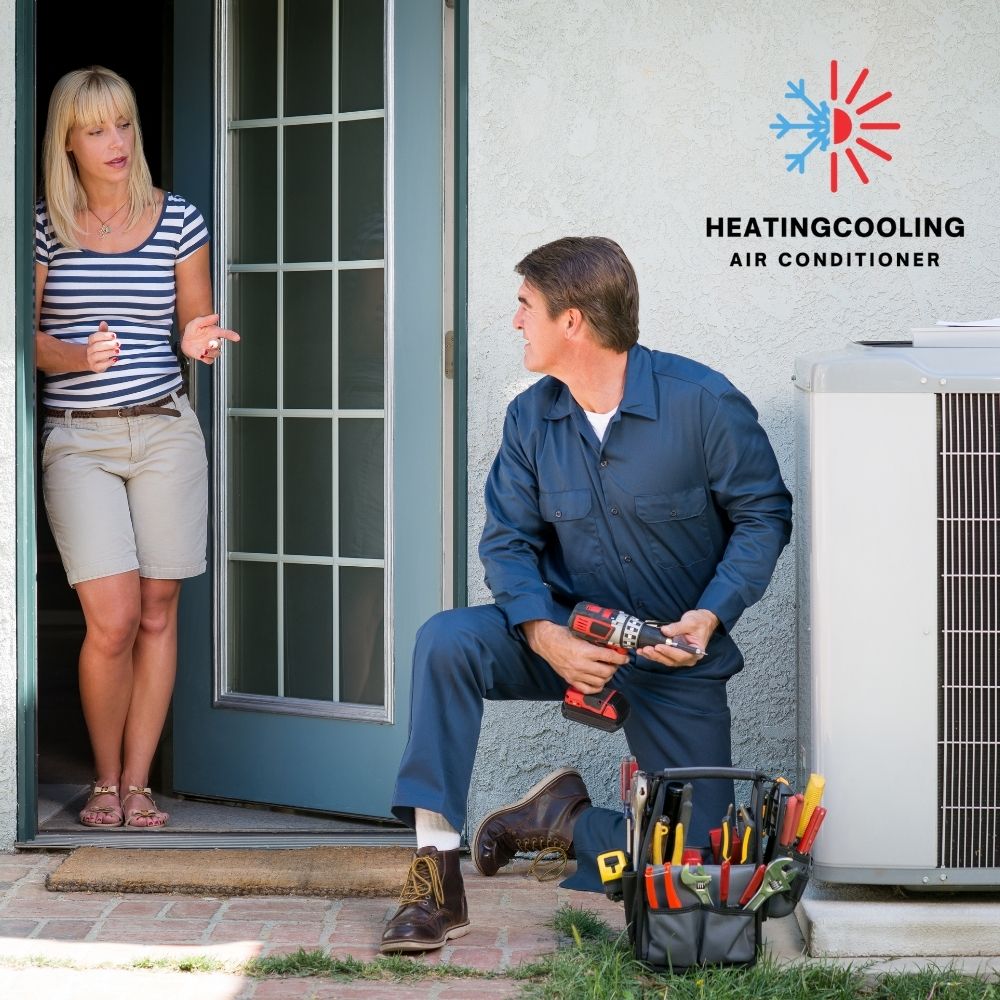
When it comes to air conditioning, there are two main considerations: temperature and humidity. The lower the temperature, the less humidity is required to make a person feel comfortable. This is why a lower temperature is generally more comfortable, as it requires less humidity to achieve the desired effect. However, it is important to note that there is a limit to how low the temperature can be before it becomes uncomfortable. This varies depending on the person, but a good rule of thumb is to set the AC temperature at a level where most people will feel comfortable. In general, 27 degrees is a good temperature to start with when trying to find the ideal setting for AC.
Energy Efficiency Ratings
- a. SEER (Seasonal Energy Efficiency Ratio): The SEER rating indicates an AC system’s cooling output divided by its energy consumption over a typical cooling season. Systems with higher SEER ratings are more efficient.
- EER (Energy Efficiency Ratio): Similar to SEER, EER measures cooling output divided by energy consumption but focuses on a specific operating condition. Higher EER ratings signify better efficiency under such conditions.
Central Air Conditioning Systems
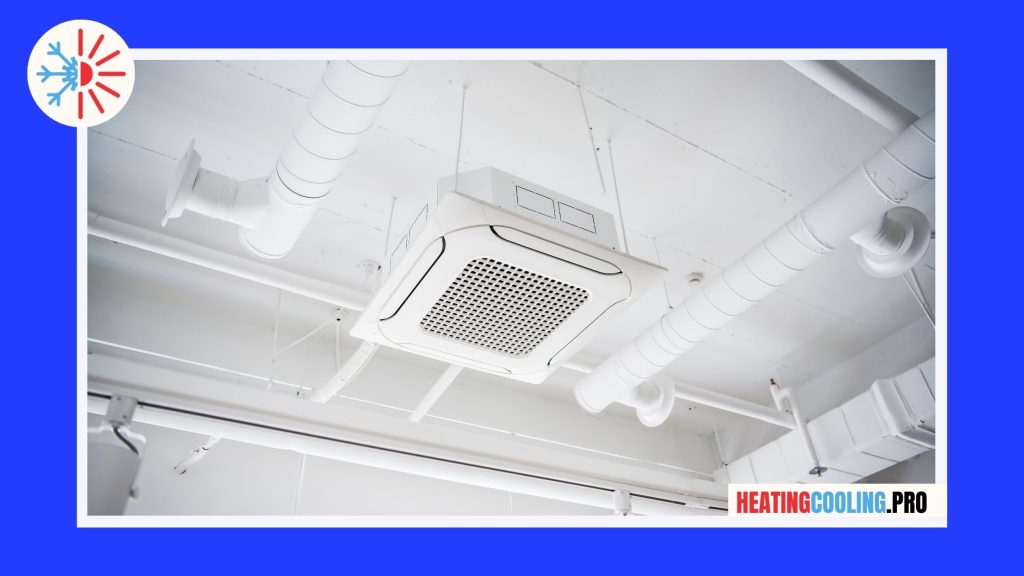
- a. Variable Speed Air Conditioners: These systems adjust their cooling output based on the required temperature, reducing energy consumption during milder weather and achieving high efficiency throughout the year.
- b. Inverter Air Conditioners: These systems use variable-speed compressors that adjust their speed to maintain a consistent indoor temperature, consuming less energy and reducing temperature fluctuations.
- c. Heat Pumps: Highly efficient, heat pumps offer both cooling and heating capabilities, making them a versatile choice. They extract heat from the air or ground, using it for heating or cooling purposes.
Ductless Mini-Split Systems
- Multi-Zone Systems: These systems consist of an outdoor unit connected to multiple indoor units, allowing different zones to have independent temperature control. This flexibility enhances efficiency by cooling only the required zones.
- Inverter Technology: Utilizing variable-speed compressors, ductless mini-split systems can adjust their cooling output according to specific zone requirements, minimizing energy consumption.
Ductless mini-split systems are becoming an increasingly popular choice for cooling and heating homes without ductwork. Unlike traditional central air systems, mini-split systems do not require ductwork to distribute conditioned air throughout the house. This makes them an ideal solution for homes without ducts, or for adding cooling and heating to specific zones in a larger home. Ductless mini-split systems consist of two main components: an outdoor compressor/condenser unit and an indoor air-handler unit. The outdoor compressor unit is connected to the indoor air-handler unit by a conduit that houses the refrigerant lines and power cable. The indoor air-handler unit is typically installed in a central location, such as a living room or bedroom, and delivers conditioned air directly to the individual zones.
The biggest advantage of a ductless mini-split system is that it can be tailored to meet the specific cooling and heating needs of each zone in the home. The indoor air-handler unit is mounted on the wall near the ceiling, and the outdoor compressor is mounted on the ground near the home’s exterior. This allows homeowners to have greater control over the temperature in each room. A ductless mini-split system is also a great choice for homes that do not have an existing duct system. The installation is much simpler and less expensive than installing a traditional ducted system. And, since mini-split systems do not require ductwork, they are a good option for homes with limited space, Mini-split systems are also Energy Star rated, so they can help you save money on your energy bills.
Geothermal Heat Pumps
Ground Source Heat Pumps (GSHP): GSHPs utilize the stable ground temperature to provide highly efficient heating and cooling. They transfer heat to or from the ground, depending on the desired indoor temperature, resulting in exceptional efficiency. Water Source Heat Pumps (WSHP): WSHPs leverage bodies of water, like lakes or wells, to transfer heat, providing efficient cooling and heating. They are particularly effective in areas with a consistent water source.
Evaporative Cooling Systems
Swamp Coolers: Commonly used in dry climates, evaporative coolers cool the air by evaporating water. These systems offer high energy efficiency compared to traditional AC units, as they consume less electricity. Indirect/Direct Evaporative Cooling: These systems utilize a heat exchanger to cool air indirectly, which prevents moisture from entering the space. Direct evaporative cooling systems rely on direct evaporation, suitable for more humid environments.
Conclusion
Selecting the most efficient home AC system requires considering various factors, including SEER/EER ratings, technology, and environmental impact. Central air conditioning systems such as variable speed and inverter ACs, along with heat pumps, offer excellent efficiency. Ductless mini-split systems provide zone-specific cooling with inverter technology, making them a viable option. Geothermal heat pumps and evaporative cooling systems offer unique efficiency benefits, catering to specific climate conditions. Ultimately, choosing the most efficient home AC system should be based on careful evaluation of these factors, ensuring optimal comfort while minimizing energy consumption and environmental impact.
